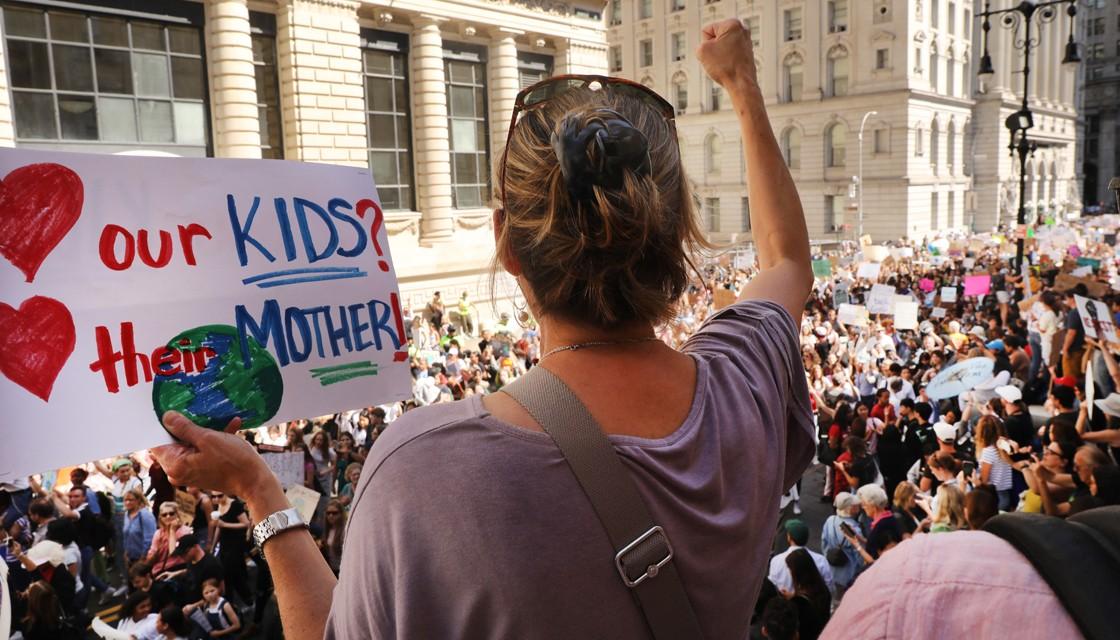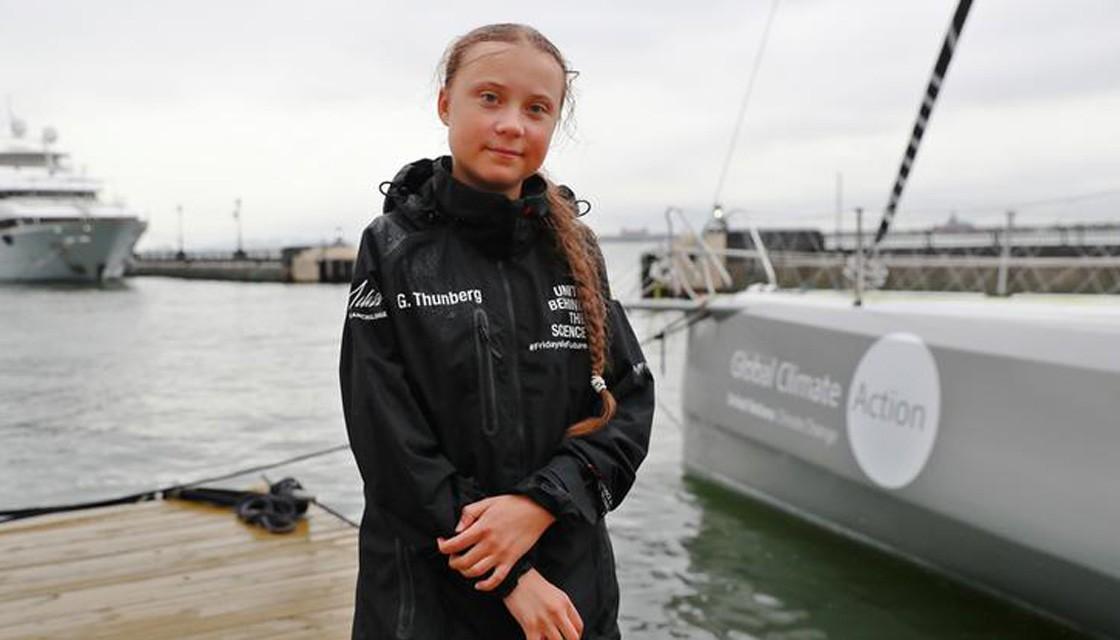Current global commitments to fight climate change will still leave the world up to 3.4C hotter by the end of the century, scientists say.
A new report out Monday from the United Nations' Climate Action Summit 2019 science advisory group says there is a "glaring and growing gap between global warming targets and reality".
The five years since 2015 are set to be the hottest on record, and current efforts need to triple to stop temperatures rising between 2.9C and 3.4C by 2100, the United in Science report states.
"The report provides a unified assessment of the state of our Earth system under the increasing influence of anthropogenic climate change, of humanity's response thus far and of the far-reaching changes that science projects for our global climate in the future," the group said in a statement.
"The scientific data and findings presented in the report represent the very latest authoritative information on these topics. It highlights the urgent need for the development of concrete actions that halt global warming and the worst effects of climate change."
- 'I want a future': Global youth protests urge climate action
- A climate change photo that has been shared more than 34,000 times has outraged Facebook users
- Climate anxiety is real, and young people are feeling it.
- Climate change and inequality 'threaten the very existence of humanity'
Scientists have previously said the consequences of rises above 1.5C would be catastrophic. The 2015 Paris Agreement set a target of 1.5C above pre-industrial levels, but efforts have been stymied by the United States' refusal to even try to meet that goal, the world's second-biggest emitter set to exit the pact next year.
The report says since 2015, temperatures have been an average 1.1C above pre-industrial times.

"Widespread and long-lasting heatwaves, record-breaking fires and other devastating events such as tropical cyclones, floods and drought have had major impacts on socio-economic development and the environment," said the World Meteorological Organization (WMO), which contributed to the report.
"Arctic summer sea-ice extent has declined at a rate of approximately 12 percent per decade during 1979-2018. The four lowest values for winter sea-ice extent occurred between 2015 and 2019.
"Overall, the amount of ice lost annually from the Antarctic ice sheet increased at least six-fold between 1979 and 2017. Glacier mass loss for 2015-2019 is the highest for any five-year period on record."
The WMO's Global Atmosphere Watch said this year carbon dioxide concentration in the atmosphere is expected to rise past 410 parts per million, nearly 50 percent higher than before the Industrial Revolution.
A record-high amount of carbon emissions went into the atmosphere in 2018 - up 2 percent to 37 billion tonnes.
"There is still no sign of a peak in global emissions, even though they are growing slower than the global economy," said report contributor Global Carbon Budget.
"Despite extraordinary growth in renewable fuels over the past decade, the global energy system is still dominated by fossil fuel sources. The annual increase in global energy use is greater than the increase in renewable energy, meaning the fossil fuel use continues to grow. This growth needs to halt immediately."

The Intergovernmental Panel on Climate Change said to achieve warming of only 1.5C would require "unprecedented transitions in all aspects of society".
Last week saw hundreds of thousands go on strike around the globe, demanding leaders take more action to fight climate change. They were inspired by a teenage Swedish girl, whose lone protests in 2018 sparked the worldwide 'school strike for climate' movement.




